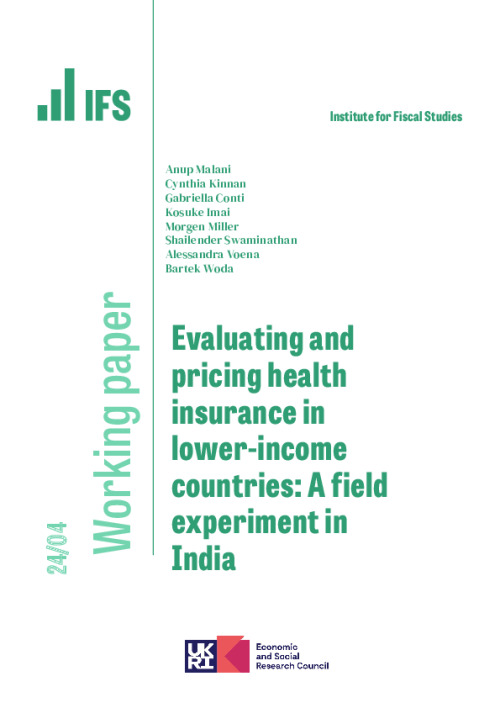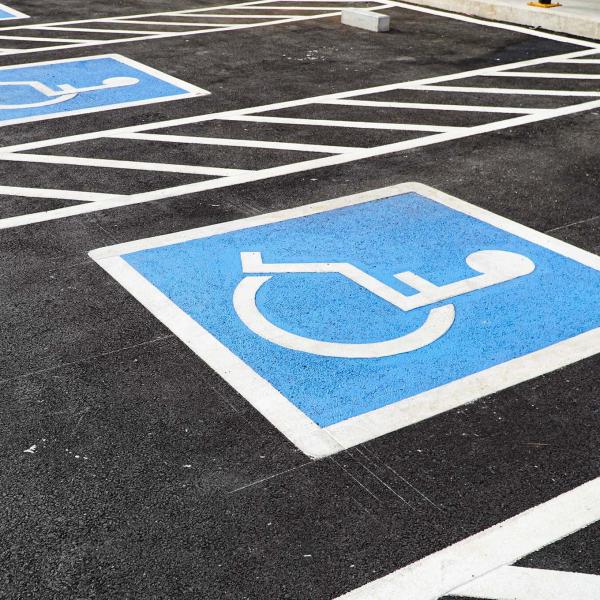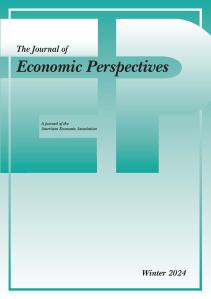Universal health coverage is a widely shared goal across lower-income countries. We conducted a large-scale, 4-year trial that randomized premiums and subsidies for India’s first national, public hospital insurance program, RSBY. We find roughly 60% uptake even when consumers were charged premiums equal to the government’s cost for insurance. We also find substantial adverse selection into insurance at positive prices. Insurance enrollment increases insurance utilization, partly due to spillovers from use of insurance by neighbors. However, many enrollees attempted to use insurance but failed, suggesting that learning is critical to the success of public insurance. We find very few statistically significant impacts of insurance access or enrollment on health. Because there is substantial willingness-to-pay for insurance, and given how distortionary it is to raise revenue in the Indian context, we calculate that our sample population should be charged a premium for RSBY between INR 500-1000 rather than a zero premium to maximize the marginal value of public funds.










